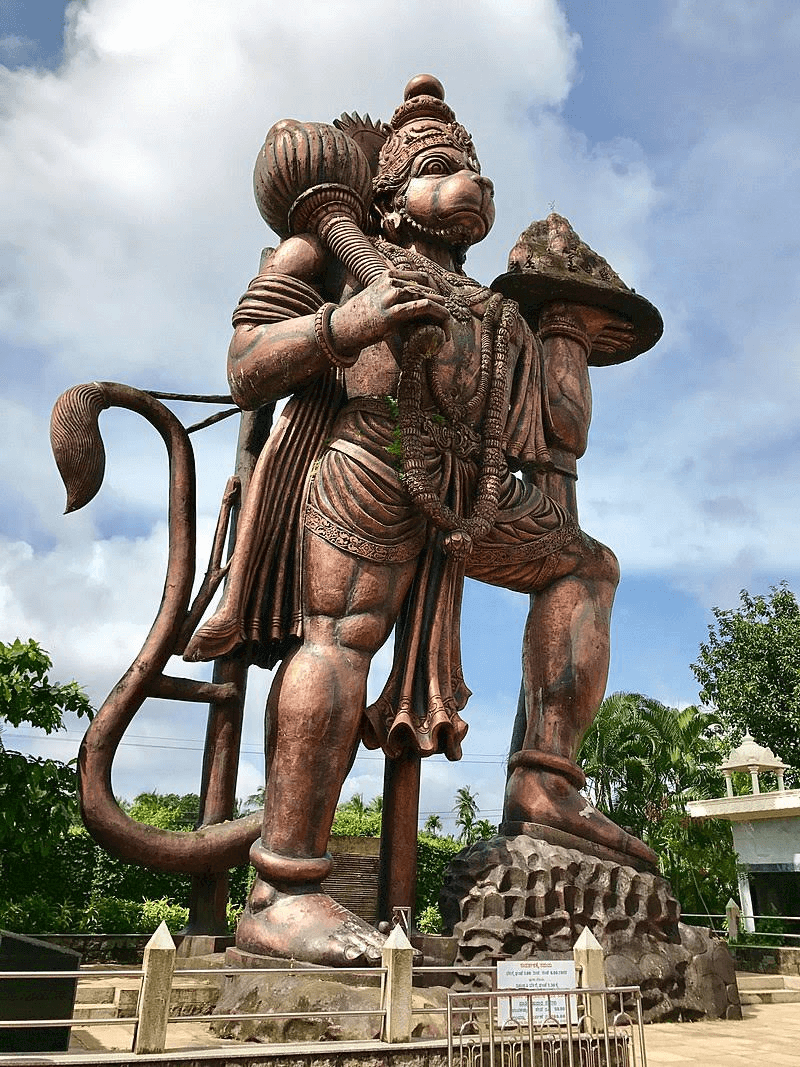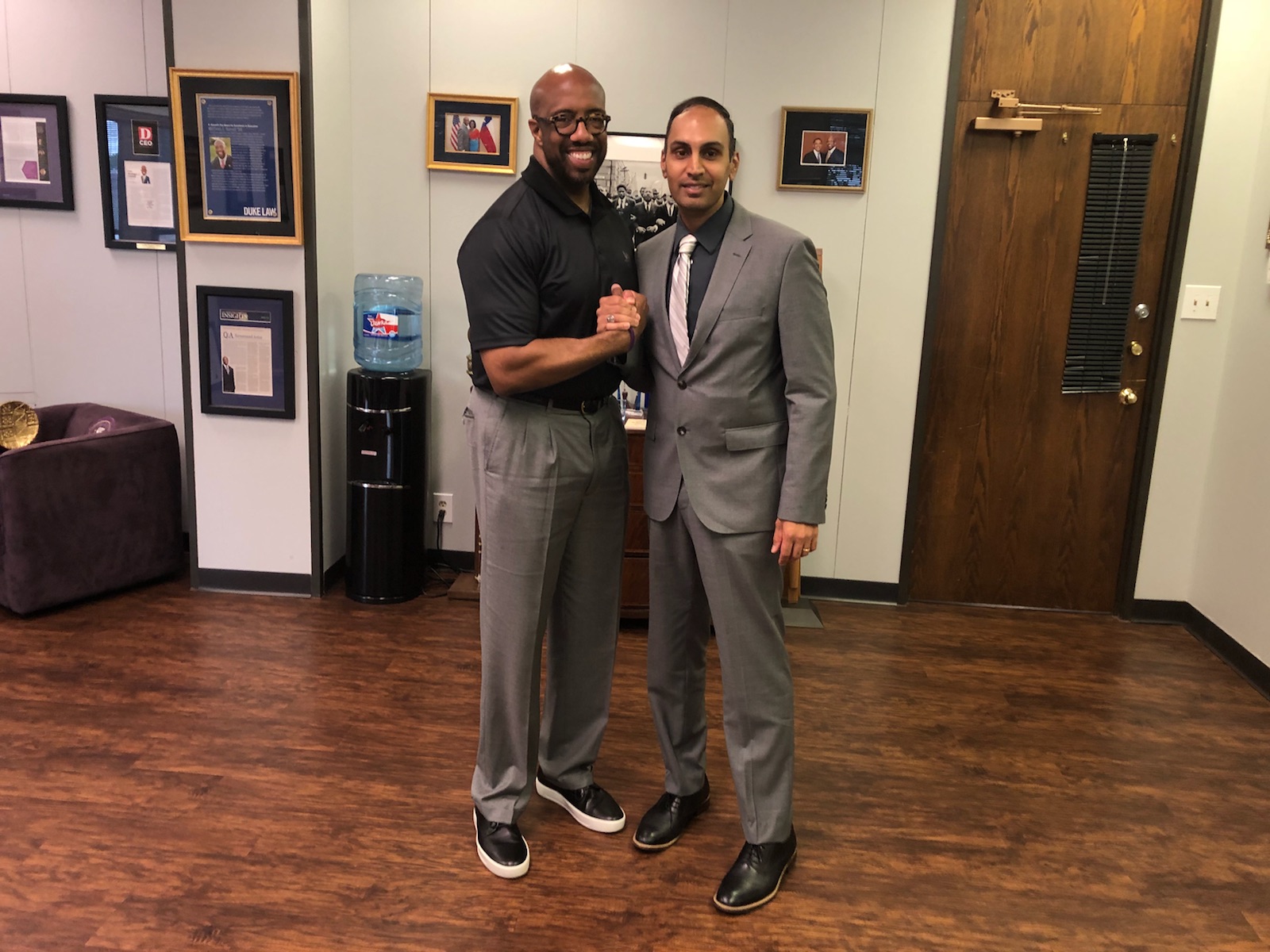ABOUT
Maruthi Education Consulting (MEC) seeks to provide the most comprehensive education and cultural competency consulting services, including curriculum design, pedagogy training, research, religious literacy programming, and anti-bullying program implementation. MEC also works with clients to identify and cultivate underserved and underrepresented stakeholders. MEC operates as a chief diversity officer on demand consulting service, working to strengthen its clients’ inclusion strategies. Our clients include nonprofit organizations, education institutions, and political campaigns seeking to maximize diverse messaging. MEC has extensive experience in media and higher education, and can help clients develop partnerships with new stakeholders.
Maruthi Education Consulting LLC is named after Hanuman, the Hindu deity who represents strength, resilience, and commitment to serve. Hanuman’s importance in Hindu epics as a problem solver (including his ability to move mountains) epitomizes the vision of MEC. No problem is too difficult to solve, and no mountain is too large to move.
Understanding Cultural Competency
In an environment full of buzzwords, new terms, and insider jargon, it’s hard to keep pace with or understand what many concepts mean and how they relate to our daily lives. The term cultural competency is a lot more simple than it sounds. Culturally competent individuals and organizations make decisions by factoring in their knowledge and interaction with diverse environments.

As such, they are prepared to handle themselves with different groups and stakeholders representing various cultures and backgrounds. While the term itself is simple, becoming culturally competent is neither an overnight process nor a completed journey. It involves opening up to new realities on the ground, and adjusting behavior and interactions accordingly. What might have been culturally competent 10 years ago is now outdated, and many individuals and organizations often lack the tools to evolve their behavior and practices based on the changing pace of cultural competencies.
This is why cultural competency training is not only a vital part of today’s education, social, and business environment, it’s part of an ongoing learning process. The organizations and individuals that recognize cultural competency as a value added are the ones that can thrive in adverse circumstances. MEC’s multi-pronged efforts include training, research, and targeted communication strategies that are geared towards incorporating and implementing culturally competent practices in the short term and long run.

MEC founder Murali Balaji with Michael Sorrell, president of Paul Quinn College

